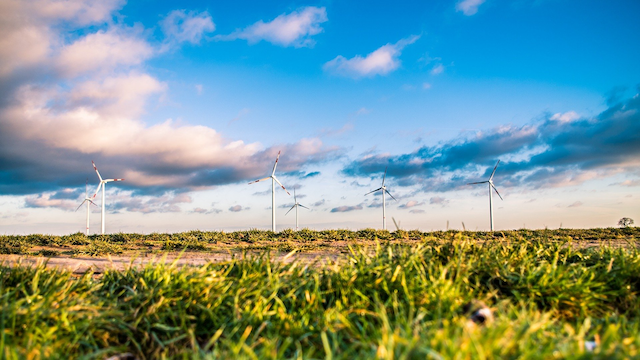
Materials are part of both the problem and the solution to the present environmental crisis we are faced with. The industrial revolution was undertaken with little or no regard for pollution or life cycle management, the result being processes for the manufacturing and processing of materials that were environmentally harmful.
Today’s materials engineers are at the forefront of developing clean strategies for processing materials. While many of the materials we need are still mined from the earth, there has been a tremendous shift towards a continuous cycle of processing that sees very high levels of recycling for materials such as steel and aluminum (above 75% recycled in North America). New processing technologies are continuously being developed and UBC materials engineers are leading the way.
On the other side of the materials equation, materials engineers are leading the way in the application of new materials which are lighter and stronger than current materials used in airplanes and cars. Combining this with the revolution that materials have enabled in fuel cells and electric vehicles, suggests that the dream of eliminating the environmental impact of vehicles may not be out of reach. Several faculty in our Department at UBC are leading research in these fields.

Dr. David Dixon and his colleagues at UBC developed a new hydrometallurgical process for refining copper ores which is twice as efficient as previous technologies with little or no emission of harmful sulphur dioxide. This same group at UBC is also working on bio-inspired approaches where bacteria are used instead of high temperatures and toxic chemical solutions to remove materials like copper from their ores.